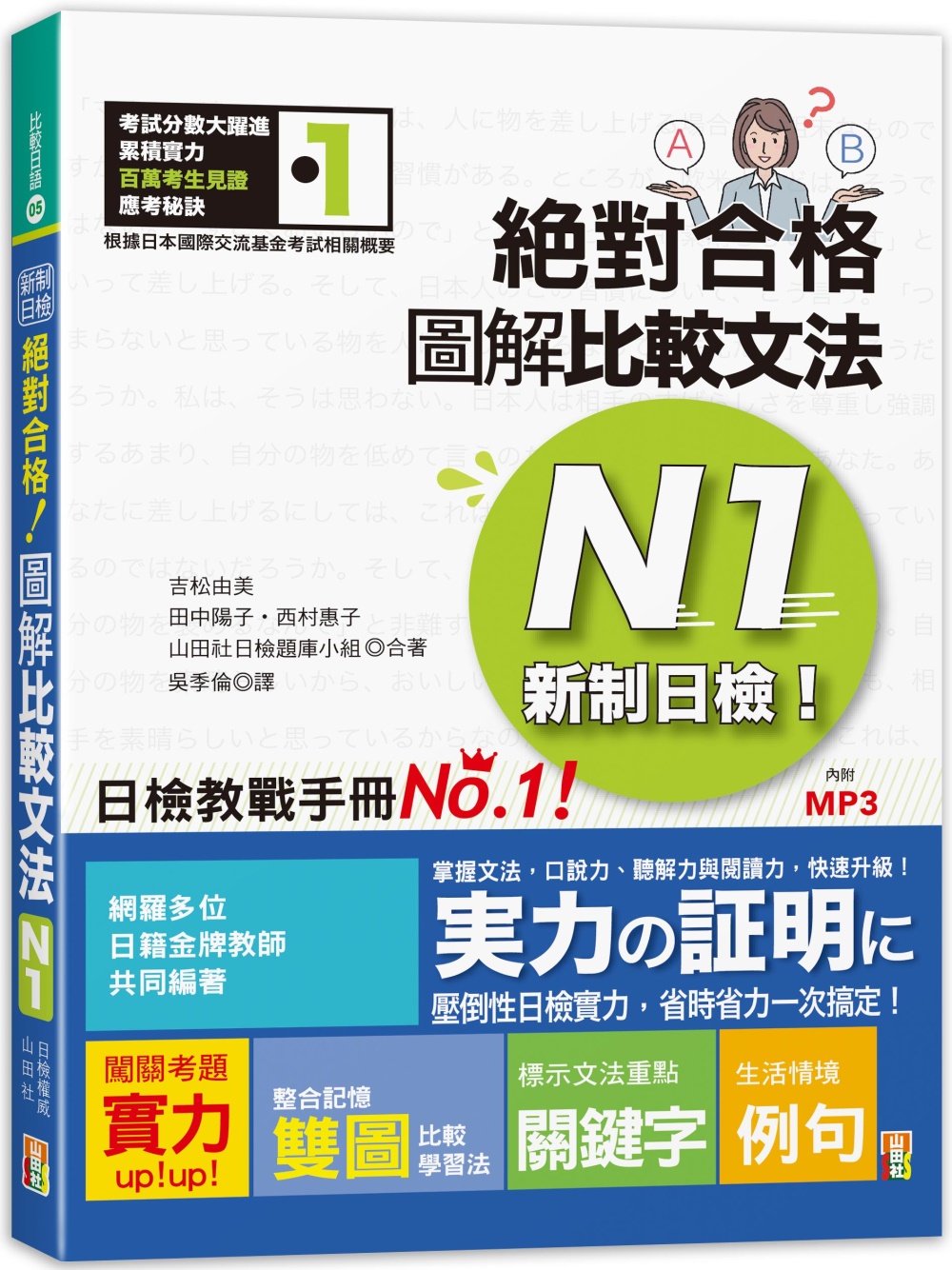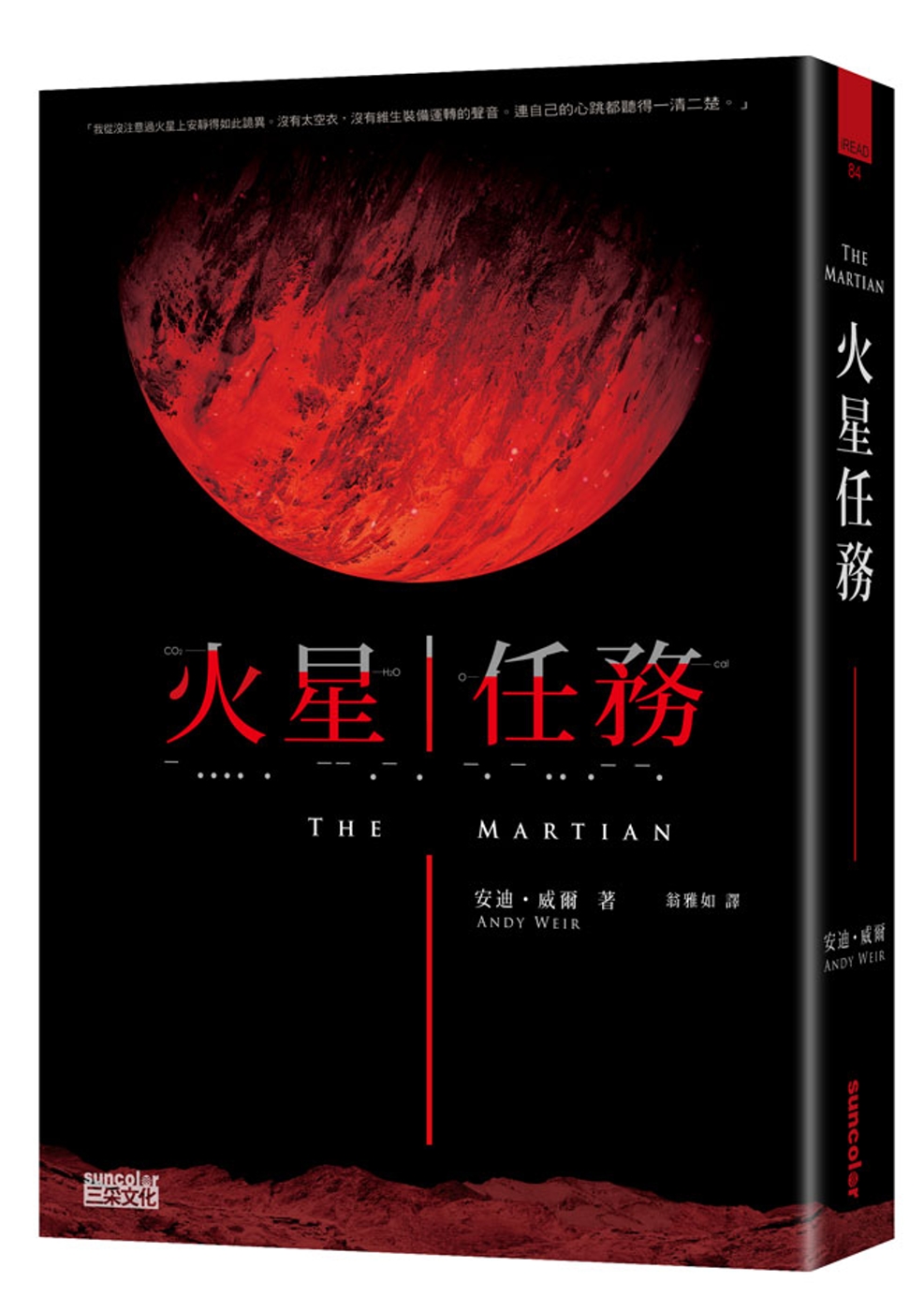Merchant Adventurer Kings of Rhoda: The Lost World of the Tucson Artifacts | 被動收入的投資秘訣 - 2024年9月

Merchant Adventurer Kings of Rhoda: The Lost World of the Tucson Artifacts
The Tucson Artifacts document the annals of a forgotten Roman-styled military governorship in Chichimec Toltec Northwest Mexico. Perfectly preserved, complete and unaltered, they are straightforwardly composed in Latin, the official language of records during the Middle Ages. They do not have to be reconstructed, pieced together, deciphered or dated. This illuminating collection of readings translated from Latin, Greek, Arabic, Chinese, Nahuatl, Hebrew and other languages by medievalist Donald N. Yates provides the cultural contexts for understanding these unique witnesses to world history. The finds come from the 1920s and consist of lost-wax, cast-lead ceremonial objects inscribed with medieval Latin historical texts and memorials of leaders with names such as Jacob, Israel, Benjamin, Joseph, Saul, Isaac and Theodore. Some also contain Hebrew phrases like "eight divisions" and "a great nation," while others display commemorated leaders' portraits, ships, trademarks in Tang-era seal script, temples, a Mesoamerican glyph, sacrificial fire, an anchor, Romanesque-style angels in glory and other drawings. Their iconography includes the Ten Commandments and cult objects like spice spoons, carpenter's square, Frankish axes, snakes and trumpets. There are also military anthems and mottos. A series of thick one-sided double crosses, joined like sealed albums present what are clearly records signed by OL (Oliver), with dates ranging from 560 to 900 A.D. The overarching provenance is declared by the makers of the artifacts themselves to be Roman (Romani, monogram R), a term tantamount at this time to European. This claim to nationality is further divided into Levites (L) and Israelites (I). One of the stand-out emblems depicted is a triple tiara, a symbol of Jewish priesthood associated with the Mesoamerican figure of Quetzalcoatl.
Donald N. Yates is a native of Cedartown, Georgia and lives in Longmont, Colorado. He earned a Ph.D. in Classical Studies with an emphasis on Medieval Latin Language and Literature at the University of North Carolina at Chapel Hill in 1979. He is a member of the Medieval Academy of America. He has taught at St. John’s University, University of Notre Dame and University of New Mexico and has published a number of scholarly articles and books. He was a Member of the International Committee on Latin Paleography (Comité International de Paléographie), Paris, from 1978 to 1983. He studied ancient and medieval scripts, epigraphy and paleography under Berthe M. Marti, Daniel Sheerin, Christine I. Eder, Richard H. Rouse and Leonard M. Boyle, OP, Prefect of the Apostolic Vatican Library, among other leading figures in those disciplines. He worked at the Hill Monastic Manuscript Library in Collegeville, Minnesota, the world’s largest repository of medieval texts on microfilm, before heading a team of experts at the Medieval Institute at Notre Dame, Indiana, where he led efforts to develop new standards adopted later internationally for cataloguing and describing Latin manuscripts and the varieties of script in which they were produced. A recent book of history is Old World Roots of the Cherokee: How DNA, Ancient Alphabets and Religion Explain the Origins of America’s Largest Indian Nation (McFarland 2012). Yates co-authored with Elizabeth Caldwell Hirschman The Early Jews and Muslims of England and Wales: A Genetic and Genealogical History (2014). For more information, visit www.donaldyates.com.
 110年自來水公司評價人員甄試(技...
110年自來水公司評價人員甄試(技... 110年自來水公司評價人員甄試(技...
110年自來水公司評價人員甄試(技... 熊貓先生的甜點店:Buffet吃到...
熊貓先生的甜點店:Buffet吃到... 110年自來水公司評價人員甄試(技...
110年自來水公司評價人員甄試(技... 新制日檢!絕對合格 圖解比較文法N...
新制日檢!絕對合格 圖解比較文法N... 加速世界 10 Elements
加速世界 10 Elements 屁屁偵探讀本 幸運貓落到誰手上!
屁屁偵探讀本 幸運貓落到誰手上! 新制日檢!絕對合格 圖解比較文法N...
新制日檢!絕對合格 圖解比較文法N... 火星任務
火星任務 6種常備食材╳媽媽愛的佳餚:蛋.土...
6種常備食材╳媽媽愛的佳餚:蛋.土...